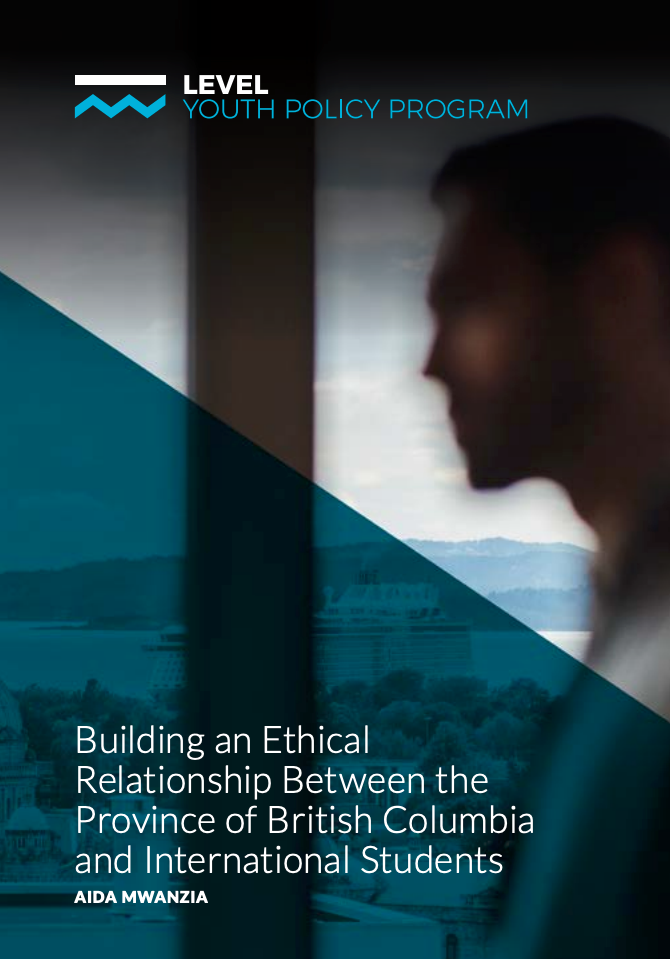Post-secondary institutions in Canada and around the world have made a concerted effort to internationalize higher education in response to an increasingly diverse and globalized world. For the purpose of this research, globalization is defined as a “multi-level process signaled by the rapid advancement in technology, transnational economic trade, and international dispersion of humans, plants, animals, cultures, and worldviews.” Internationalization refers to processes in post-secondary institutions to diversify the student body, faculty, staff, curriculum, hiring practices, strategic plans, policies, and other key areas. These processes take place in the context of a “post-colonial” world where the legacy of colonization has resulted in the valuation of Western education, epistemology, and institutions over those that exist within the Global South and local Indigenous communities. The implications of this are that, in many cases, Western degrees and citizenship offer more mobility, opportunities, and income potential in this current market. Without undergoing meaningful processes of decolonization, post-secondary institutions in Western countries continue to profit unethically from imbalanced North-South relations.
The purpose of this research is to explore ways in which the Province of British Columbia can begin to build an ethical relationship with international students, who often become future Permanent Residents and citizens. Studies have shown that 25% of international students admitted to universities in Canada in the early 2000s went on to become Permanent Residents (PRs) within 10 years after their graduation, with approximately half gaining PR status through
the economic class of migrants. This indicates that a significant proportion of international students remain in Canada, and continue to contribute meaningfully to the Canadian economy, as they are required to engage in skilled work verified by the National Occupation Classification in order to gain status through the economic pathway to permanent residency. However, ethical engagement with international students requires moving beyond an economic analysis of their contribution to Canadian society and recognizing their humanity and complexity.
Through reading academic studies, news articles, reflecting on my own lived-experience as an international student, listening to personal stories from international students in British Columbia, and witnessing several post-secondary institutions increase international student tuition at astounding rates, it is clear that BC’s approach to international education has mostly focused on internationalizing the student body. This internationalizing seems to be primarily for financial reasons, and diversifying of faculty, staff, curriculum, hiring practices, strategic plans, and policies have been seriously neglected. The social and cultural value that international students offer, the support that they require, and the representation that they need in the curriculum, faculty, and staff needs to be recognized and addressed. It is also in BC’s best interest to increase subsidies for public post-secondary institutions in order to decrease the dependency on international students, as minor changes to the number of international students will result in major deficits that will effect education for BC citizens. This project proposes implementing a two percent tuition cap for international student tuition, which will allow for areas of international education other than recruitment to be addressed, while preventing the unregulated exploitation of international students for tuition.


